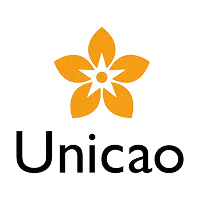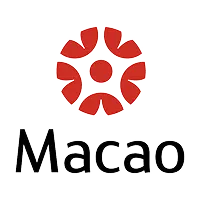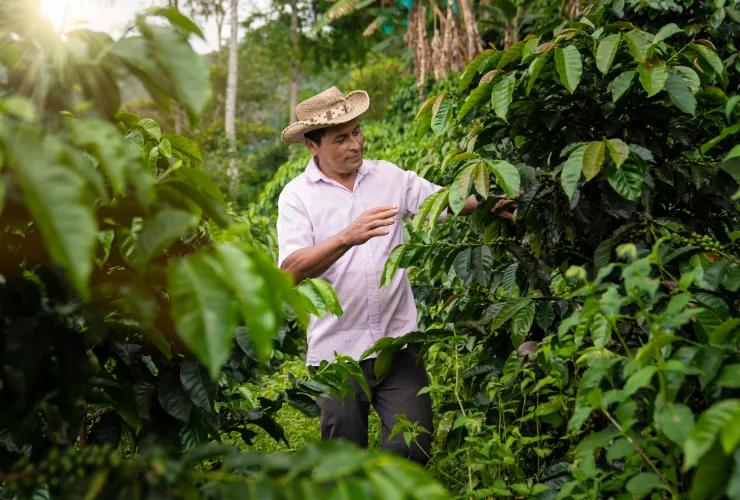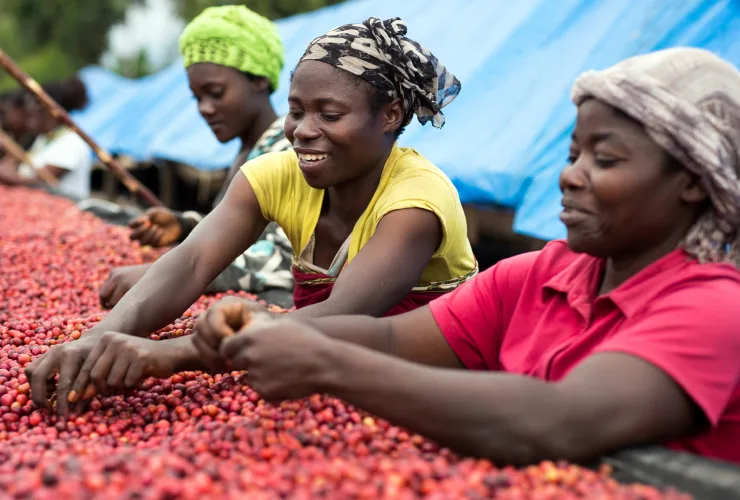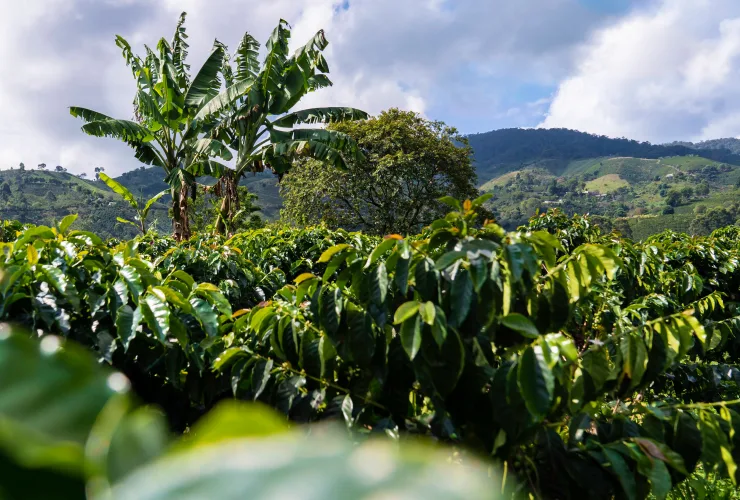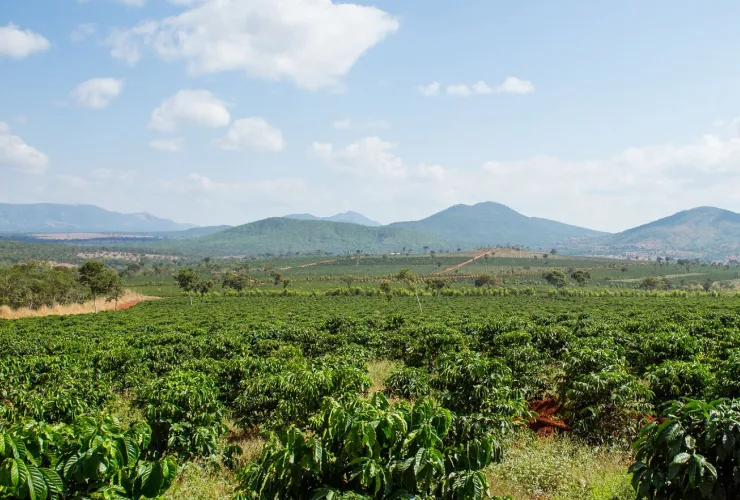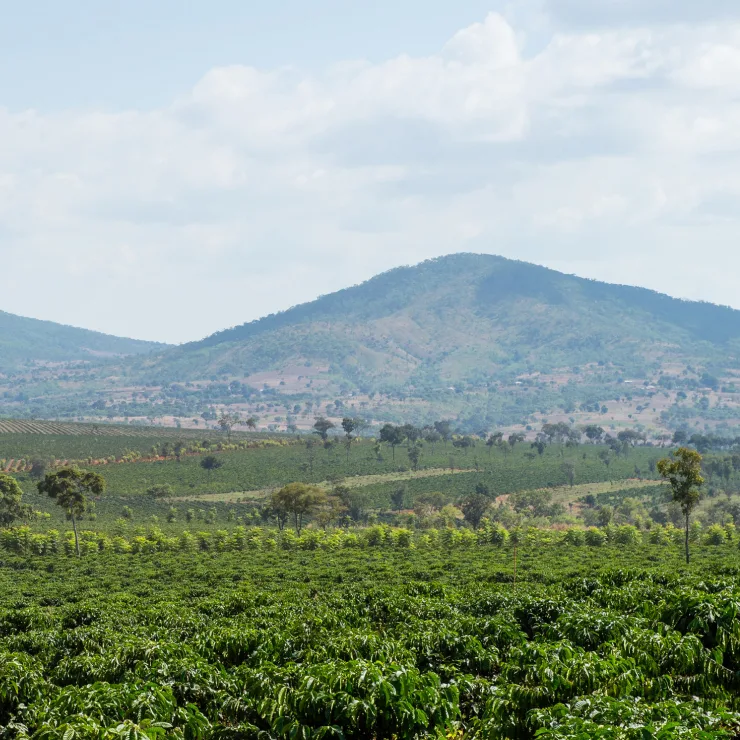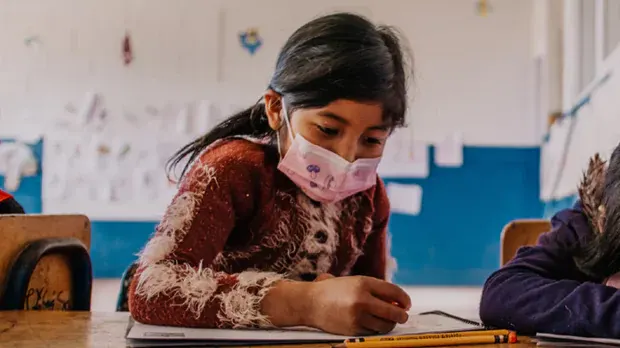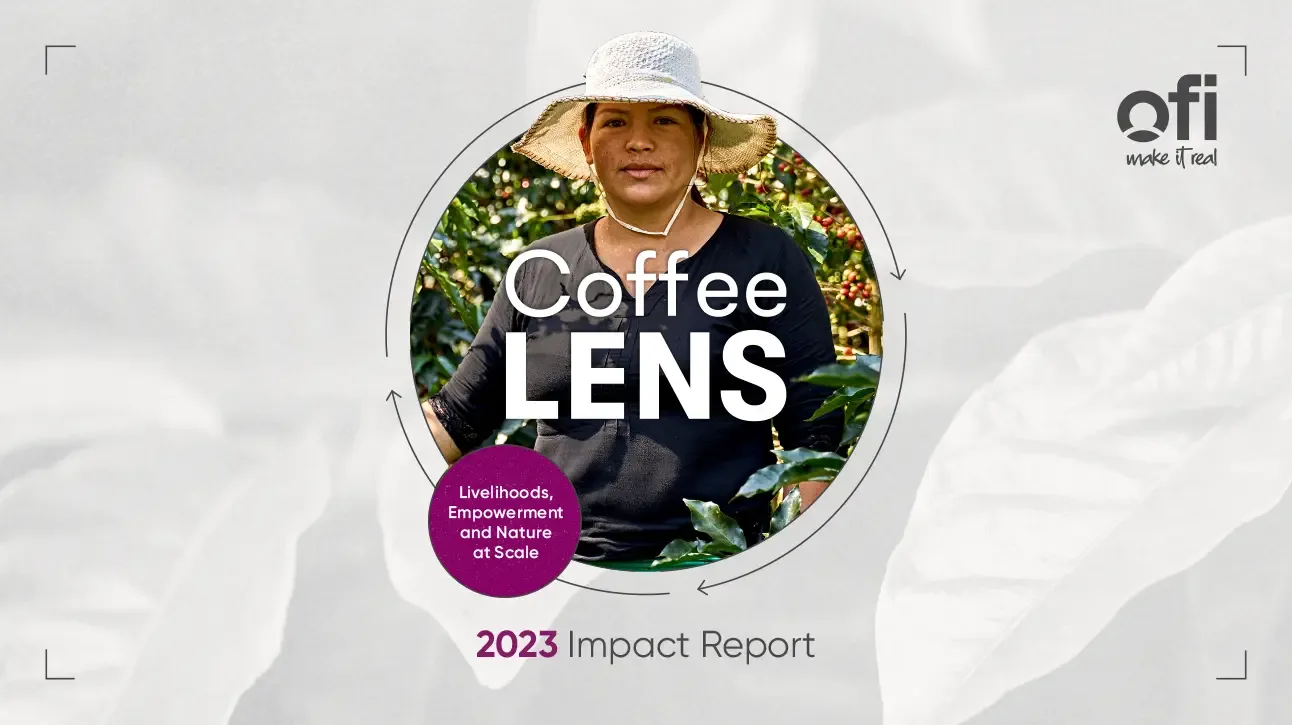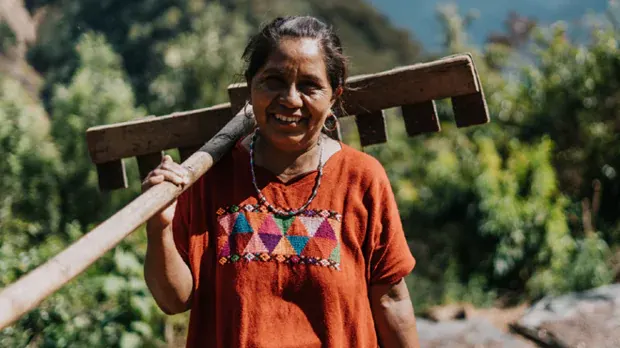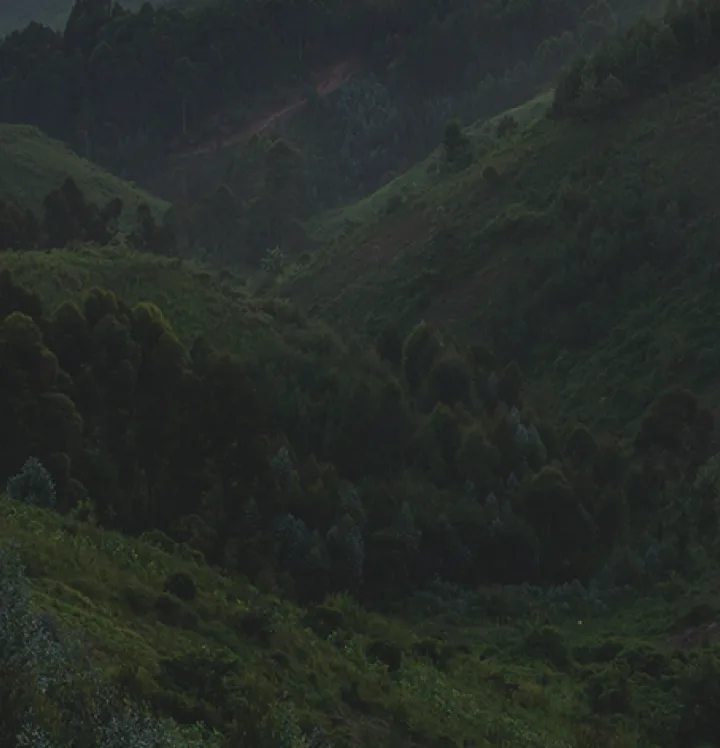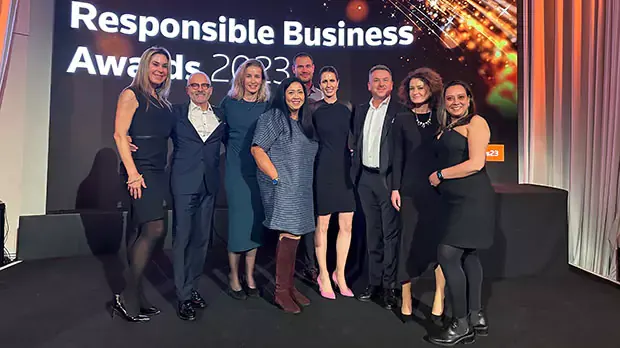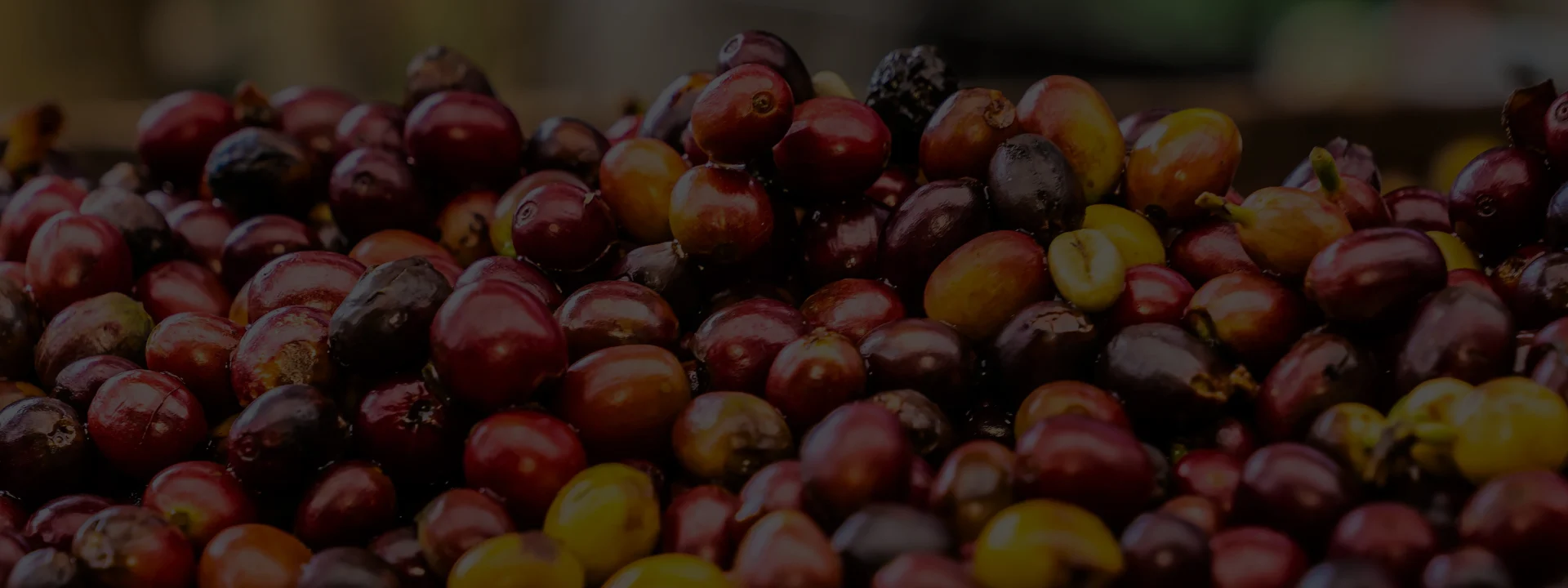Raise your brand reputation. Attract new opportunities. Maintain consistent quality. Sound like a win for your business? These benefits come from sourcing sustainable coffee. It helps protect your supply chain, supports dependable standards and attracts environmentally conscious customers for growth and new markets. All while doing good for people and the environment. How’s that for an offer you can’t refuse?
At ofi, we know that sustainable farming practices is good for all. That’s why we’re deeply committed to working responsibly within the coffee industry. And Coffee LENS (Livelihoods, Empowerment and Nature at Scale) is our strategy to do just that, in line with the UN Sustainable Development Goals. So we can make a lasting impact on the livelihoods of farmers, communities and the landscapes they rely on. And make brands happy, too.




